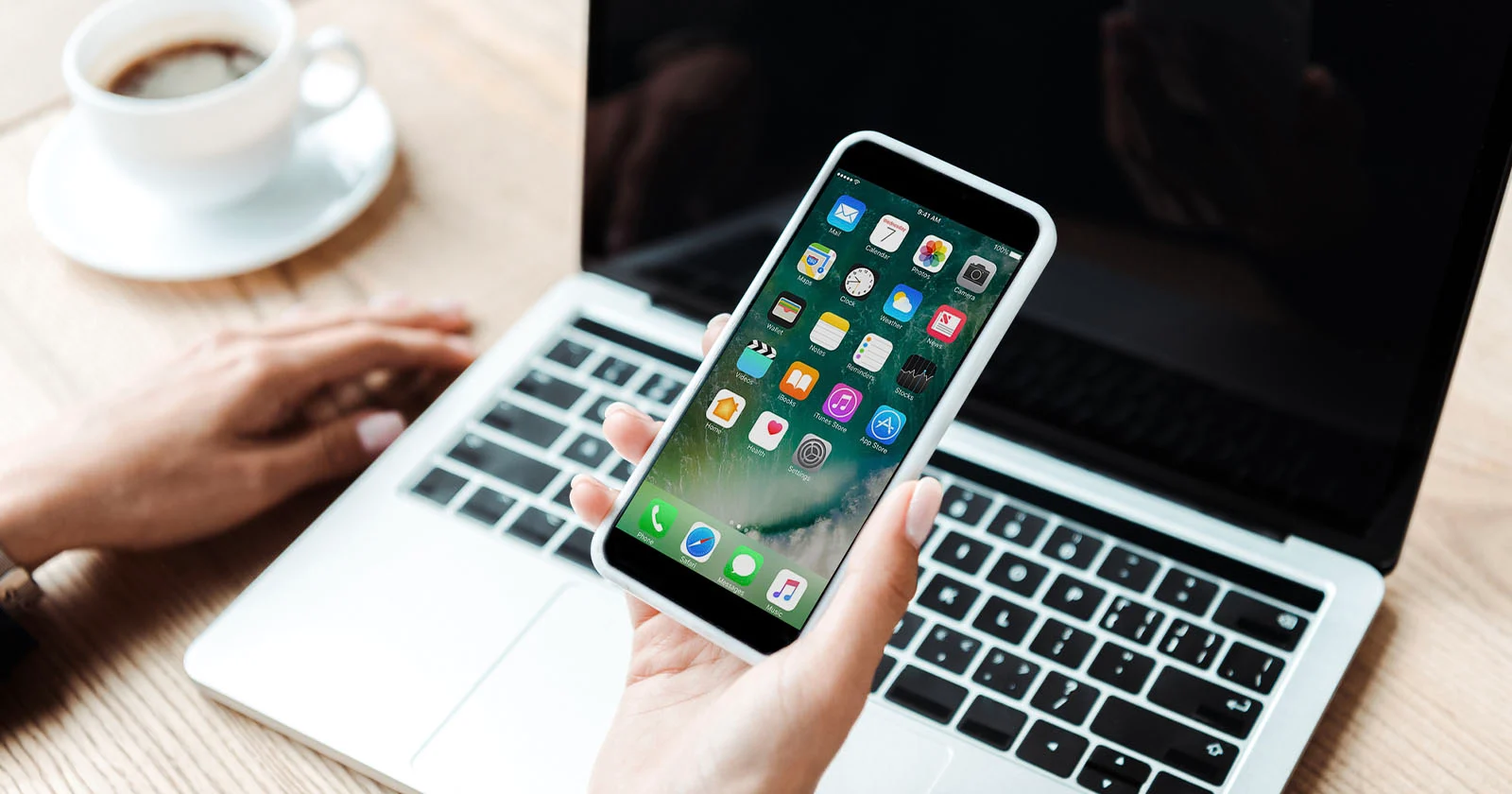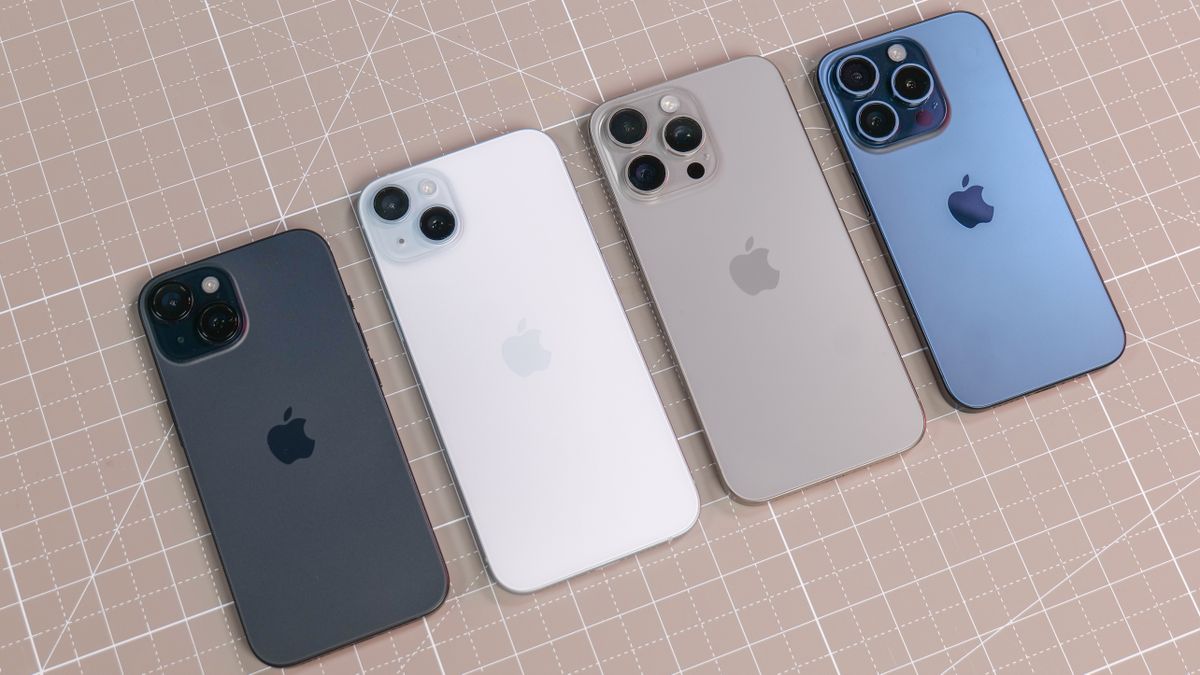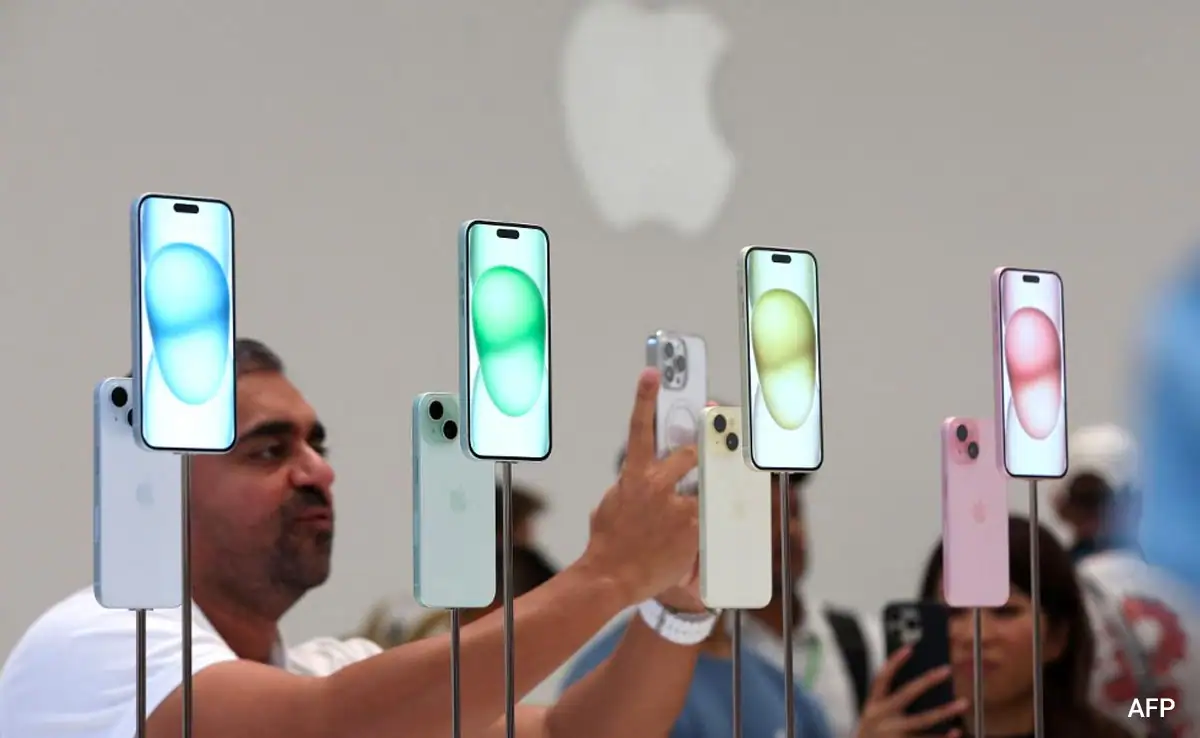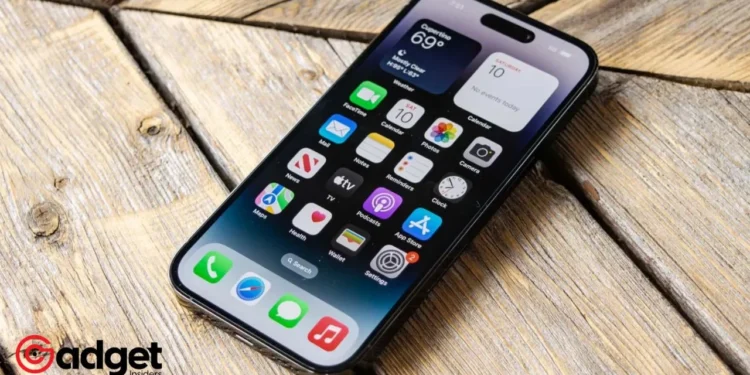In a remarkable turn of events that reads like a script out of a high-stakes crime drama, two individuals have been convicted in a sophisticated scam against tech giant Apple, defrauding the company of an astonishing $3 million by exploiting its Apple iPhone repair system. This story, emerging from the US District Court in the District of Columbia, sheds light on the vulnerabilities even the most technologically advanced companies face in the digital age.

The Masterminds Behind the Scam
The plot’s architects, Haotian Sun and Pengfei Xue, two Chinese nationals making their residence in Maryland, crafted an elaborate scheme that played out over more than two years.
Their operation, rooted in deception and technological manipulation, involved the submission of counterfeit Apple iPhones for repair or replacement, aiming to dupe Apple into handing over genuine devices in return.

Apple iPhone: A Deceptive Operation Unveiled
From May 2017 to September 2019, Sun and Xue, along with accomplices, orchestrated the import of fake Apple iPhones from Hong Kong to various UPS mailboxes scattered across the D.C. Metropolitan area.
These devices, equipped with spoofed serial numbers and IMEI numbers, were then presented to Apple retail stores and Apple Authorized Service Providers for repairs—specifically targeting the Georgetown Apple Store among others.
The duo’s strategy hinged on the submission of these inauthentic devices, leveraging Apple’s warranty and repair policies to secure authentic replacements. Throughout their operation, they attempted to exchange over 5,000 counterfeit phones, aiming to inflict a loss exceeding $3 million on Apple.
A scam that defrauded #Apple out of millions of dollars’ worth of iPhones has led to the convictions of two of the perpetrators. https://t.co/Rv6h56K2B6
— DT Mobile (@DTmobile) February 21, 2024
Apple iPhone: The Fall of the Scheme
The meticulous plot, however, began to unravel as federal authorities caught wind of the fraudulent activities, leading to the arrest of Sun and Xue on December 5, 2019.
Their trial exposed the depth of their conspiracy, culminating in convictions for conspiracy to commit mail fraud—a charge carrying a statutory maximum sentence of 20 years in prison. The sentencing, eagerly anticipated by those following the case, is scheduled for June 21, 2024.

Implications and Reflections
This case not only highlights the lengths to which individuals will go to exploit corporate giants but also serves as a cautionary tale for companies worldwide. In an era where technological advancements are at the forefront of business operations, vulnerabilities can be exploited by those with nefarious intentions.
As the tech community and legal experts await the final sentencing of Sun and Xue, questions about the effectiveness of current fraud prevention measures and the potential for future schemes against major corporations linger.
This incident serves as a reminder of the continuous battle between technology companies striving to secure their operations and the inventive minds looking to undermine them for personal gain.










